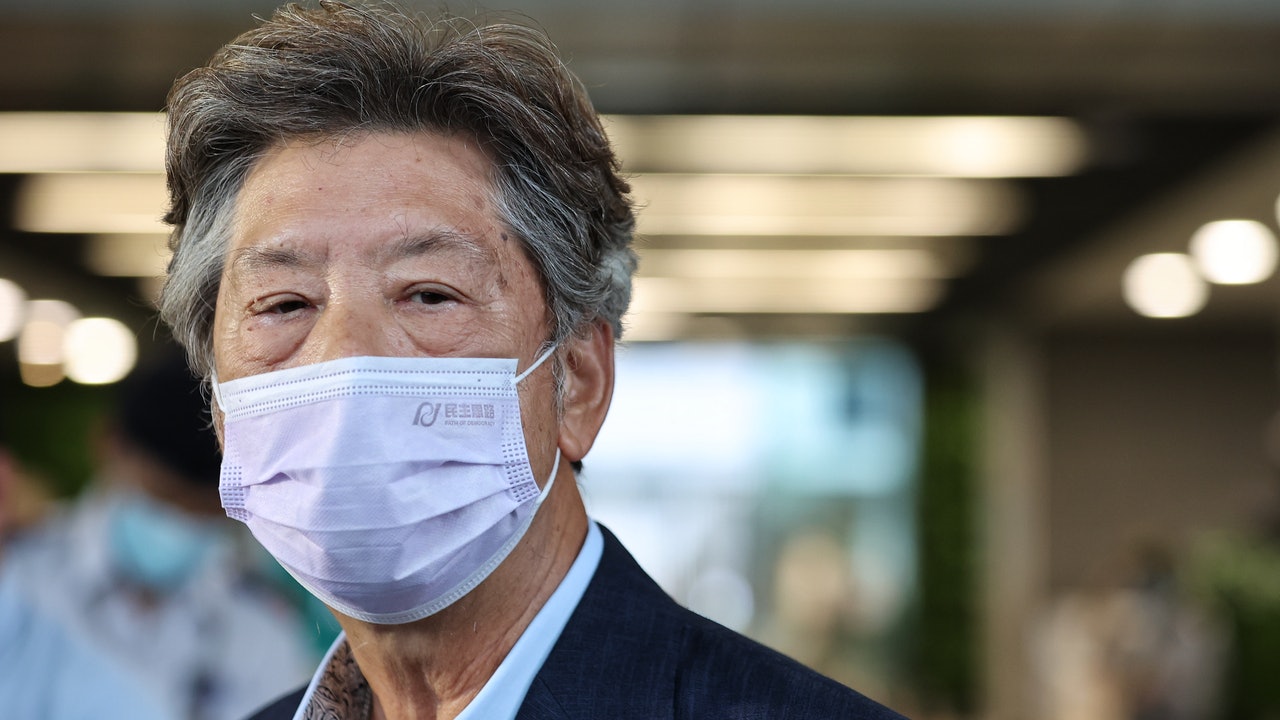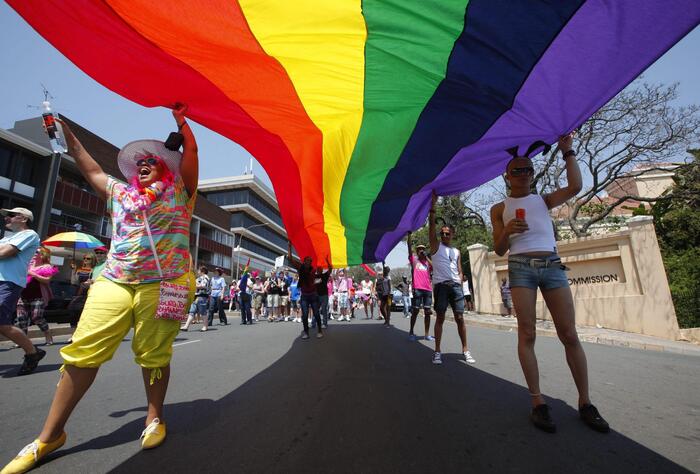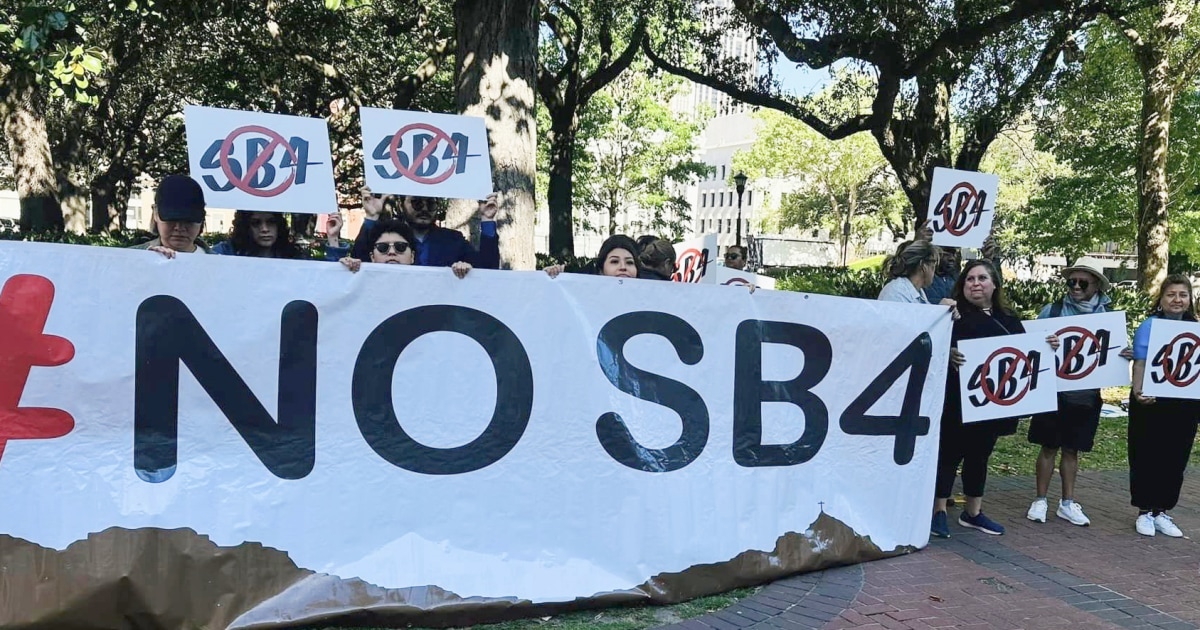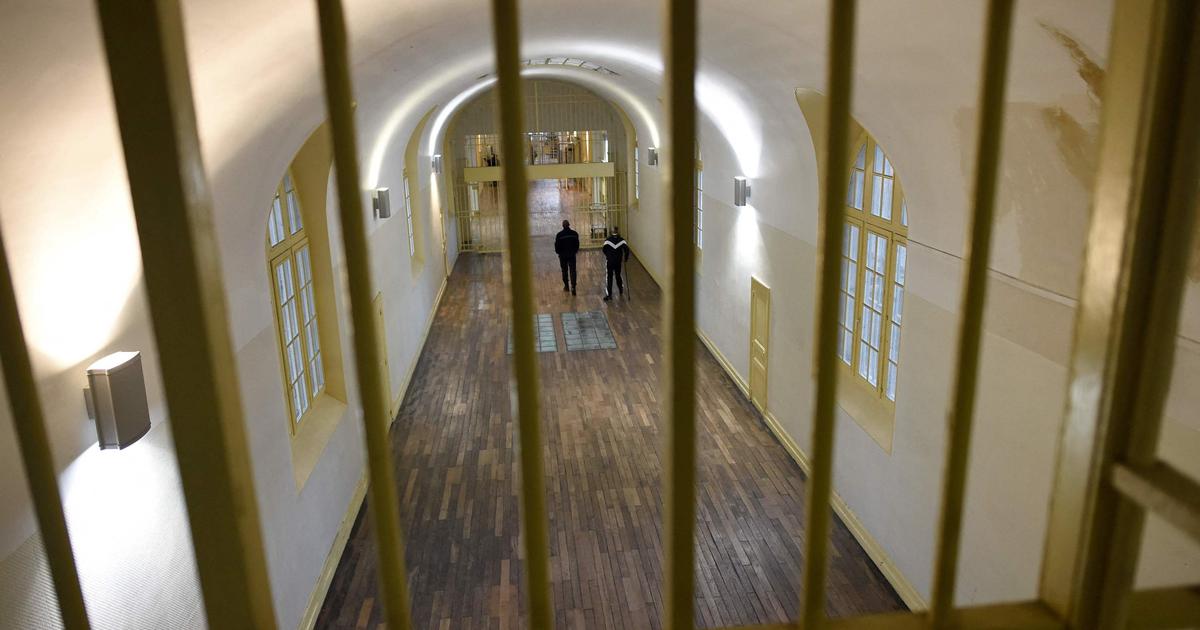The meeting of the Standing Committee of the National People's Congress closed today (20th). Standing Committee Member Tan Yaozong stated that the chairmen's meeting decided not to vote on the draft for incorporating the Anti-Foreign Sanctions Law into Annex III of the Basic Law for the time being.
Senior Counsel Tang Jiahua, a member of the Executive Council, believes that the postponement aims to allow more time and space for all parties in Hong Kong to discuss and respect "one country, two systems" and Hong Kong's special status as an international financial center.
Xie Weijun, a member of the Legislative Council of the establishment, estimated that the failure of the National People's Congress to vote on the relevant draft may be related to the lack of time, and the central government still needs time to finalize the details.
The "Anti-Foreign Sanctions Law" has been postponed to be included in Annex III of the "Basic Law". Tang Jiahua speculates that the central government has taken into account the status of Hong Kong as an international financial center, and reserves more time for discussion among all sectors of the society.
(Profile picture)
Tang Jiahua: Deferred voting reflects respect for "One Country, Two Systems"
Tang Jiahua said that Hong Kong must cooperate with national laws and carry out local legislation in accordance with the broad framework of national laws. He believes that this time the vote to include the Anti-Foreign Sanctions Law in Annex III of the Basic Law is postponed, so as to provide more time and space for local financial institutions. The SAR government and the central government exchange opinions and formulate an "Anti-Foreign Sanctions Law" acceptable to all parties.
Tang explained that Hong Kong’s legal system is different from that of the Mainland. The Mainland’s laws do not specify areas that can be enforced through administrative instructions, and Hong Kong must be enforced in accordance with the laws. Therefore, the legal provisions must be written in detail and clearly.
He pointed out that the "Anti-Foreign Sanctions Law" worries foreign banks most in Articles 12 and 14, which stipulate that any organization or individual who does not implement or cooperate with the implementation of countermeasures will be held accountable in accordance with the law. The "Anti-Foreign Sanctions Law" 》If it is necessary to go through the local legislative process, the relevant circumstances and penalties must be clearly stated at that time.
He also pointed out that the next session of the Standing Committee of the National People's Congress is already in October, and I believe that the chance of passing the Anti-Foreign Sanctions Law during this session of the Legislative Council is very low.
Xie Weijun: There is room for maneuver in Sino-US relations or easing sanctions
Xie Weijun believes that the Standing Committee of the National People's Congress has postponed the inclusion of the Anti-Foreign Sanctions Law in Annex III of the Basic Law, or due to lack of time, it has not been able to finalize the details. In addition, given the current changes in Afghanistan, Sino-US relations may ease. There may be room for maneuver between the two sides on sanctions and counter-sanctions.
Xie Weijun believes that the current situation in Afghanistan has changed, Sino-US relations may ease, and there may be room for maneuver between the two sides on sanctions and counter-sanctions.
(Photo by Luo Jiaqing / Profile Picture)
Xie continued that if China needs to counter unreasonable sanctions, Hong Kong is of course obligatory, but at the same time, it is necessary to balance Hong Kong's role as an international financial center.
As for not being included in Annex III for the time being, Xie Weijun believes that the impact will not be significant. If the Sino-US struggle can be eased, it would be ideal not to sanction each other.
He also pointed out that if the Anti-Foreign Sanctions Act requires local legislation, time is tight, but the Legislative Council will fully cooperate and believe that at the speed of the Legislative Council’s review of the “Hong Kong District National Security Act” and the improvement of the election system, there will be a chance to participate in this session. Completed within the period.
01News
The National People's Congress postpones the "Anti-Sanctions Law" to be included in Annex III Tan Yaozong: The chairmen's meeting has decided not to vote on political circles for the time being | The anti-sanctions law is included in the Basic Law Annex News: It is advisable to simplify the anti-sanctions law instead of leaving space for maneuvers. The Central Government’s Local Legislation Has Versatility Anti-Sanction Law︱ Zheng Ruohua: It is premature to state that only unreasonable sanctions will be imposed on unreasonable sanctions. Chen Maobo expects economic growth to exceed 5.5%.









